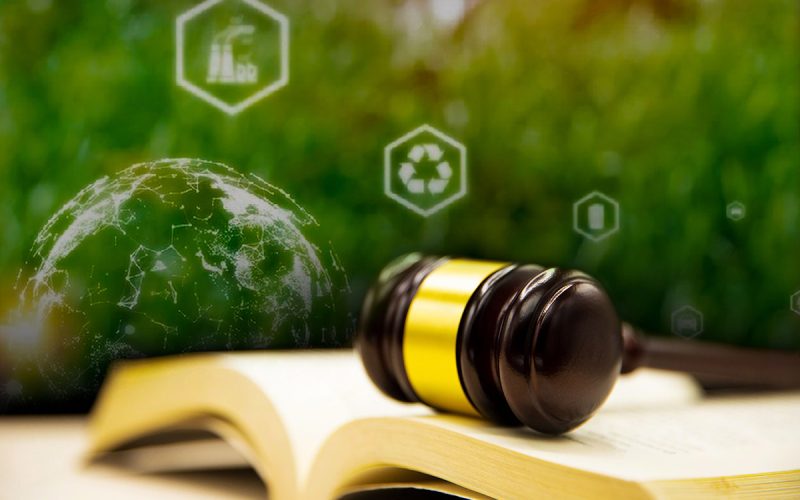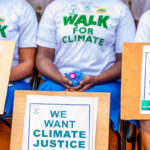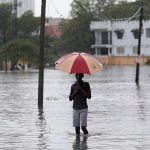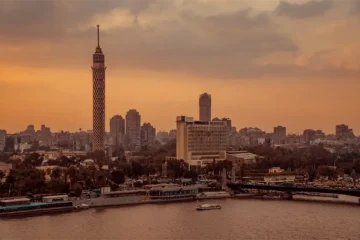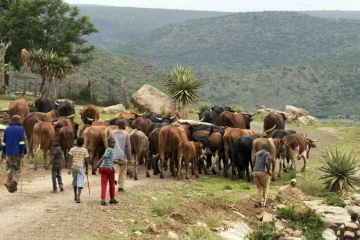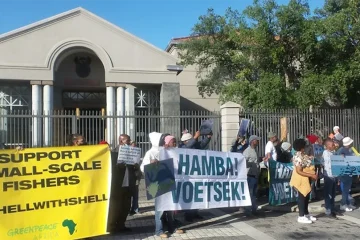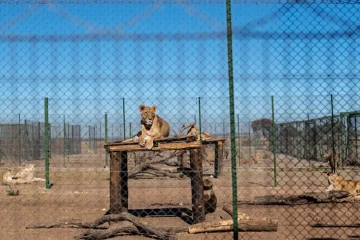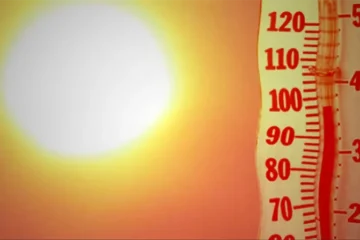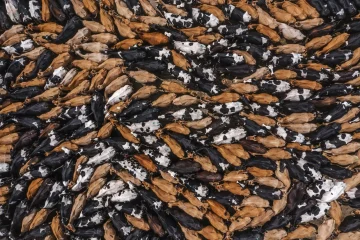BIRD STORY AGENCY
THE UN General Assembly on Wednesday, March 29, upheld a unanimous agreement to invite the International Court of Justice to issue an advisory opinion on climate justice.
The resolution asks the ICJ to clarify the “obligations of states under international law to ensure the protection of the climate system.”
Among other issues, the court will advise on the legal consequences nations face for not protecting Earth’s climate. The move could have huge implications for collective efforts to fight climate change, according to climate campaigners.
“This is a major step towards holding countries accountable for their actions,” said Olumide Idowu, the Executive Coordinator of the African Youth Initiative on Climate Change.
The motion came from Vanuatu, a low-lying Pacific island nation facing the peril of rising sea levels and was co-sponsored by more than 130 member states.
Vanuatu’s Prime Minister Ishmael Kalsakau called it “a win for climate justice of epic proportions”.
According to UN Secretary-General Antonio Guterres, “climate justice is both a moral imperative and a prerequisite for effective global climate action.”
“Festering climate injustice feeds divisions and threatens to paralyse global climate action,” he said in a media statement.
The court’s opinion is not legally binding but will offer a legal foundation that the UN can leverage to develop a climate action legal framework for members.
Besides, the consensus nod from the UN countries shows some common ground on the need for equality in climate action commitments.
This could also lead to the settlement of a contentious debate on ensuring holistic climate action.
Historically, countries have been expected to undertake intentional efforts to achieve climate action without being legally compelled.
However, with the new approach, the implementation of the Paris Agreement’s objectives will have a higher chance of being met.
The Paris Agreement of 2015 is the primary global treaty on climate change, embraced by 196 parties.
The treaty aims to limit global warming to under 1.5 degrees Celsius by 2030 through such plans as nationally determined contributions, or NDCs.
The NDCs outline emission reduction and adaptation targets set by each country.
However, inequalities have limited the actual implementation of these NDCs, especially in Africa, where 48 countries have requested financing to meet these goals to a tune of more than $1.2 trillion as of 2022, according to the International Energy Agency.
Also, this landmark resolution comes when international agencies warn against relaxing efforts that keep global temperatures below 1.5.
A 2023 Intergovernmental Panel on Climate Change report shows that while the 1.5 degrees Celsius targets remain achievable, urgent action is needed since ‘time is running out.’
Like many countries in Africa and elsewhere in the developing world, Vanuatu releases minimal emissions, but has become a climate “hotspot”. The country is listed among the most vulnerable countries in the world to climate change.
From rising sea levels that stress its coastlines and coastal ecosystems to cyclones that have led to the declaration of a constant state of emergency, there is much about Vanuatu that resembles parts of Africa when it comes to climate vulnerability. By responding constructively to Vanuata’s call, the world will, by extension, be committing to addressing the same issues in Africa.
“This is an indicator of the … collective desire to work towards addressing the climate crisis,” Vanuatu Prime Minister Alatoi Ishmael Kalsakau stated after the Wednesday development.
That collective commitment could well see the heavy greenhouse gas emitters held legally to account for their action gaps – another step towards “climate justice” for all.

